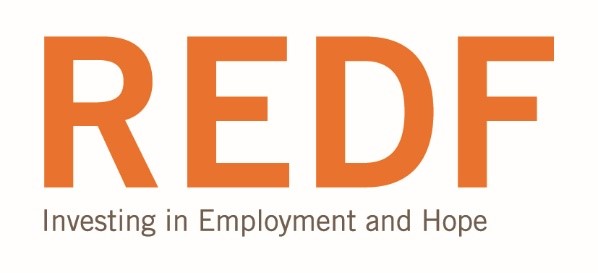Five Trends in Social Enterprise

Social enterprises help ensure the economy works for everyone because they have a proven benefit to include people who have the toughest time getting jobs due to their histories of homelessness, incarceration, mental health challenges, drug and alcohol abuse, as well as limited education.
This post is part of our inaugural Trendspotting Series profiling important ideas that will be shaping some major fields of interest in 2017. Each piece represents the views of its author(s) and not the views of the Council.
1. THE EVIDENCE BASE IS GROWING
Social enterprises employ, support, and open the door to success across the country, validated by well-documented results.
Social enterprises are adopting the measurement and results orientation that is more routine in the business community—setting clear business and social objectives, measuring and using data to drive change and improvement, with data that affirms the positive outcomes and cost-benefit of social enterprise. To build the evidence base, REDF is launching a Random Control Trial—the gold standard of evaluation—of social enterprise employment outcomes with its’ new portfolio.
2. THE SECTOR IS EVOLVING
A new generation with entrepreneurial spirit and drive are applying their private sector skills and social sector passion to solving pressing issues like endemic unemployment. They are creating a vibrant business sector that delivers profit and purpose by employing people who traditionally don’t get hired, and have even been viewed as unemployable. Some are nonprofit social enterprises that offer transitional employment, and provide supports and basic skill building. Some are for profits that “lean in” to hire, and cultivate management policies that focus on the inclusion and success of those who otherwise would have a tough time getting or retaining jobs.
3. MAINSTREAM EMPLOYERS ENABLING UPWARD MOBILITY
Just like most of us, many of the people employed by social enterprises are ambitious and want to progress in their careers. Social enterprises that provide transitional employment now prioritize building the skills that will best meet employer demands. As social enterprises develop tighter referral networks to mainstream employers, employees who have gained skills and experience through social enterprise employment have the chance to get and retain long-term employment with the associated wage gains and career mobility.
4. ECOSYSTEM APPROACH CRITICAL TO LONG-TERM SUCCESS
While social enterprises largely evolved out of the private sector rather than traditional government programs, most recognize that working in silos is not a viable business or social impact strategy. To take their impact to a greater scale, many are building mutually supportive and well-connected “ecosystems” that integrate social enterprise with the partners that will help them thrive.
These ecosystems include:
- Private and public sector employers who hire their employees and purchase their goods/services;
- Philanthropy that provides the financial support to build their capacity and better serve their employees;
- Government agencies that fund additional training and income stabilization to social enterprise employees, as well as enterprise growth capital; and
- Human services agencies that provide employee supports.
5. GOVERNMENT INVESTING IN THE MODEL
Pay for Success (PFS) and pay for performance—two of the largest PFS deals in the U.S. have social enterprises at their center. The Center for Employment Opportunities (CEO), which employs people exiting incarceration, is the provider for the New York State deal, and Roca, which employs young people who have been gang and criminal-justice system involved, is the provider for the State of Massachusetts deal. As the evidence base (see trend #1) builds, social enterprises will play a key role in solving some of society’s most intractable problems and in enhancing the impact of government spending.
Carla Javits is President and CEO of REDF. REDF creates job opportunities and pathways to employment for the people with the greatest barriers to work.
Learn more about the work of REDF


